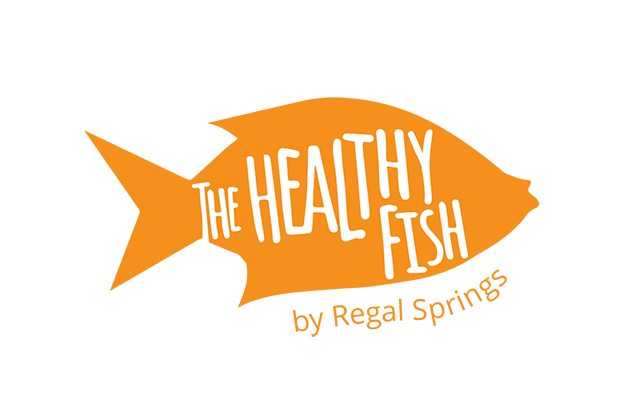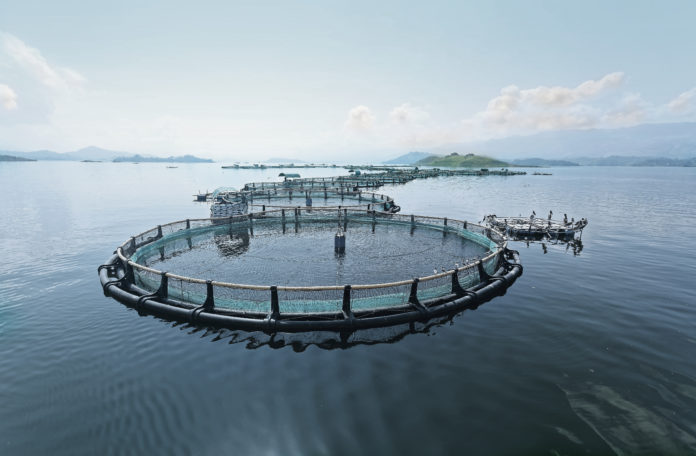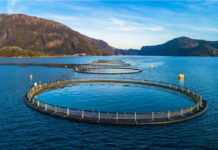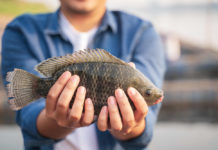The Marine Stewardship Council (MSC) is an international non-profit founded in 1997. The organization was born with a mission to seek out and reward those companies who are doing their part to protect the world’s oceans. The non-profit does this predominantly via the MSC Fisheries Standard, which certifies whether or not a fishery is sustainable based on a series of specific criteria. If the fishery complies with these standards, it earns the right to label its products with the blue MSC Fisheries Standard seal, which has become a trusted symbol for responsible and eco-conscious consumers.
Over the past two decades, the MSC has certified the fisheries responsible for 12% of marine catch, and more than 38,000 retailers, restaurants, fishmongers and hotels are now certified to sell seafood bearing the label. This is great news for their cause, but what exactly does it take to get certified by the MSC?
The MSC Fisheries Standard
The MSC Fisheries Standard is used to determine whether a fishery is well-managed and responsible, and is regularly reviewed to ensure they are up to date with the latest science and research. The three core principles that every fishery must meet include:
- Sustainable practices. Fishing must be at a level that ensures it can continue indefinitely and that fish stocks remain robust.
- Minimal environmental impact. Fishing activity must be managed carefully to ensure other species within the ecosystem remain healthy.
- Effective fisheries management. MSC certified fisheries must comply with relevant laws.
This voluntary label can be sought via the assessment of accredited independent certifiers known as Conformity Assessment Bodies (CABs), and is open to all fisheries who catch fish and shellfish in the wild.
A Label You Can Trust
An important element of the MSC certification is the Chain of Custody Standard. This certificate ensures that seafood products sporting the blue MSC label are traceable and separated from non-certified products. The Chain of Custody Standard boasts five key principles that every company requires in order to become certified:
- Certified supply. Companies must purchase certified product from a certified supplier.
- Identifiable. Certified products are clearly identifiable.
- Separation. These products are separated from any non-certified products.
- Traceable and recorded. Products are traceable and the volumes are recorded.
- Good management. The organization has a quality management system in place.
Regular DNA testing ensures that MSC products are correctly labeled, and to guarantee impartiality, MSC receives no income from assessment or certification.
Ever-Evolving Standards
MSC is constantly working to ensure its standards are up-to-date. The organization participates in multiple research collaborations and is constantly modifying its standards to ensure they meet the highest international benchmarks for the industry.
To date, MSC is the only wild seafood certification program consistent with the UN FAO Code of Conduct for Responsible Fishing (upon which the MSC Standard is based, in part) and the UN FAO’s guidelines for the ecolabelling of wild caught seafood, as well as the only one recognized by the Global Sustainable Seafood Initiative.
But MSC is also constantly looking to improve, with strategic plans in place to move the organization forward. As part of these plans, MSC has announced goals to certify 20% of global marine catch by 2020, and more than a third by 2030.
“While there is no silver bullet, we know that credible market-based programs like the MSC can provide part of the solution, and I passionately believe we have an important part to play,” says Rupert Howes, the MSC Chief Executive, noting that these ambitious goals reflect “the scale and urgency of the challenge.”
Certification programs like MSC help consumers make more informed choices about the fish and seafood they bring home, and the best way to support them is to vote with your dollar. When buying wild seafood, be sure to choose only seafood that sports the distinctive blue MSC label. If you can’t find it in your local retailer, ask the manager about the possibility of making changes to where he or she sources these products. Together, we can help MSC achieve its goals and, in doing so, protect our oceans and fish stocks around the world.
While MSC is protecting our wild fish stock, organizations like the ASC are doing their part to keep fish farms responsible and ethical. Learn more about how responsible aquaculture can save our planet.
Photo Credits: Regal Springs






